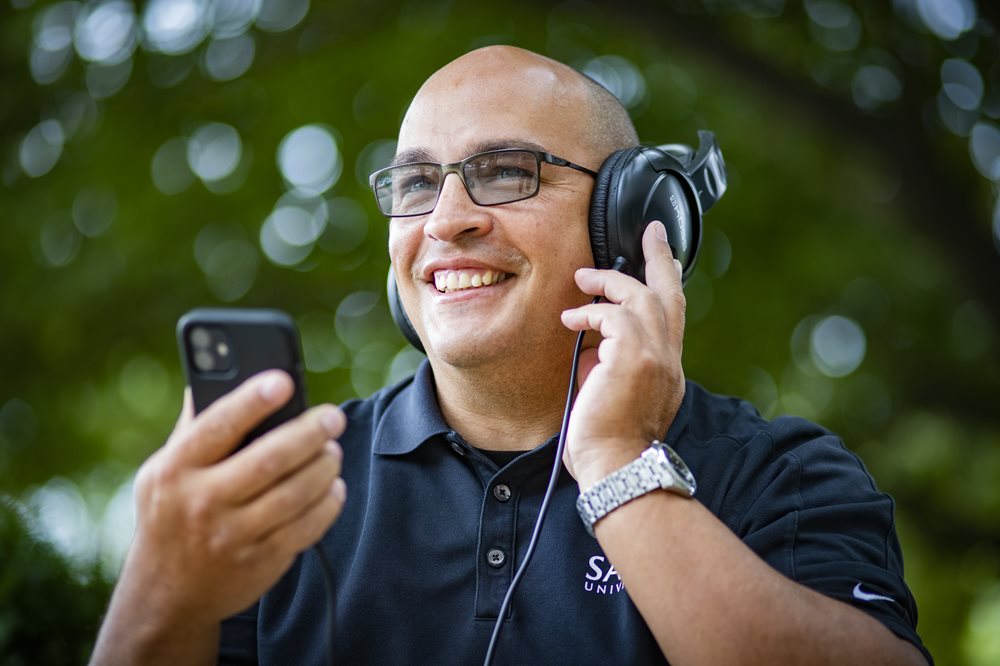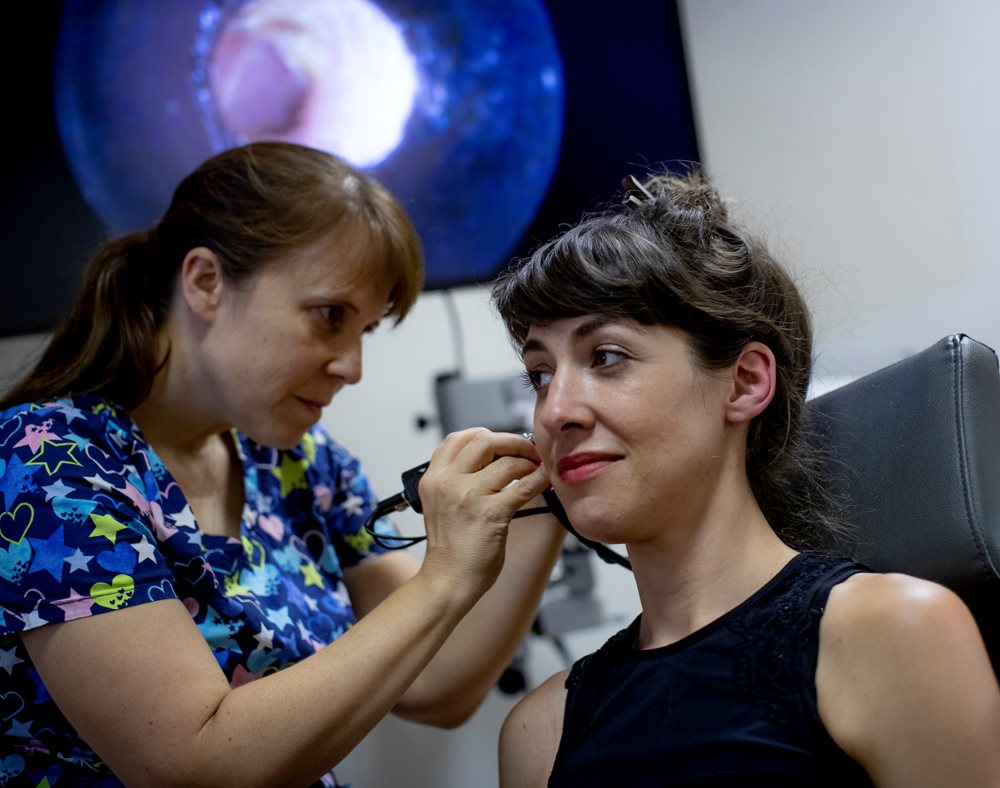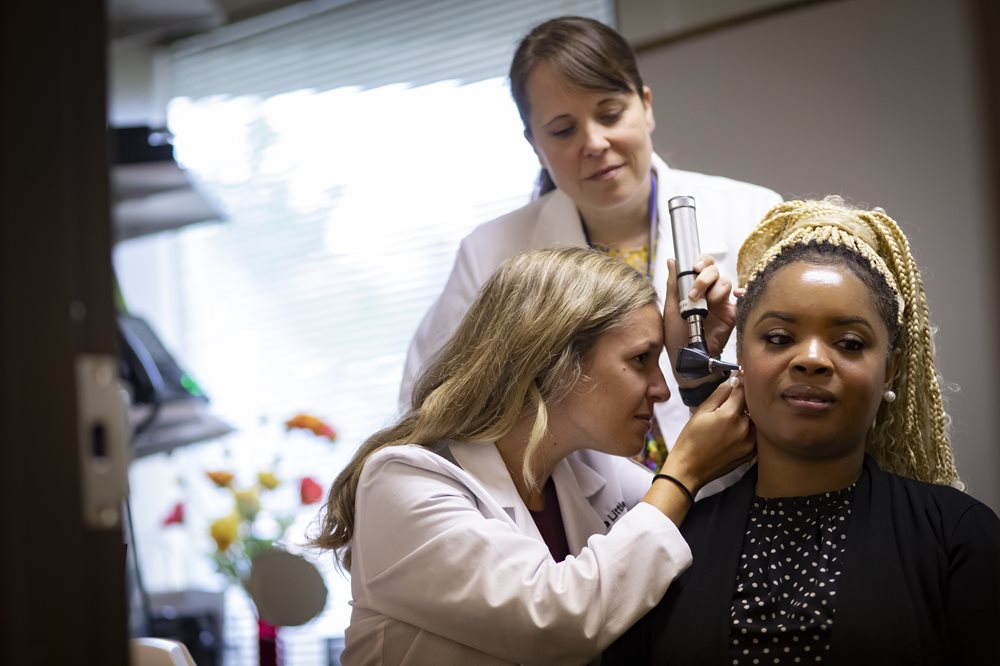Six Effective Ways To Protect Your Hearing This Summer
 Our sense of hearing is an invaluable part of our daily lives, enabling us to connect with the world around us through sound. However, exposure to excessive noise levels can have detrimental effects on your hearing health. Recent studies have even shown that excessive noise can be harmful to your overall health and wellbeing. Fortunately, there are several proactive measures you can take to protect and preserve your hearing for years to come.
Our sense of hearing is an invaluable part of our daily lives, enabling us to connect with the world around us through sound. However, exposure to excessive noise levels can have detrimental effects on your hearing health. Recent studies have even shown that excessive noise can be harmful to your overall health and wellbeing. Fortunately, there are several proactive measures you can take to protect and preserve your hearing for years to come.
Use Hearing Protection:
- One of the simplest and most effective ways to protect your hearing is by using hearing protection devices, such as earplugs or earmuffs.
- These tools help reduce the intensity of sound waves entering your ears, mitigating the risk of damage. Whether you're attending a concert, working in a noisy environment, or using power tools, wearing appropriate hearing protection can significantly lower your exposure to harmful noise levels.
 Maintain Safe Listening Levels:
Maintain Safe Listening Levels:
- In an era of portable music players and earbuds, it's crucial to be mindful of your listening habits. Prolonged exposure to loud music, especially through headphones,can lead to permanent hearing damage.
- To protect your hearing, follow the 60/60 rule: listen at 60% of the maximum volume for no more than 60 minutes per day.
- Additionally, consider investing in noise-canceling headphones, which can help drown out external noise without the need to increase the volume excessively.
Take Breaks from Noise:
- Regular exposure to loud noise, even if it's not constant, can still harm your hearing over time. Whenever possible, take breaks from noisy environments to give your ears a chance to rest and recover.
- This is particularly important in workplaces with high noise levels, such as construction sites or factories. Use these breaks to step away from the noise, find a quiet area, and allow your ears to recuperate.
 Be Mindful of Recreational Activities:
Be Mindful of Recreational Activities:
- Certain recreational activities can pose risks to your hearing health. Activities like shooting firearms, riding motorcycles, or attending sporting events can subject your ears to intense noise levels.
- Make sure to wear proper hearing protection designed for these specific activities.
- Custom ear molds can help protect against noise-induced damage by reducing the effect of external noise and are even beneficial for comfort during leisurely activities such as swimming and listening to music.
Limit Exposure To Loud Environments:
- Limiting your exposure to loud environments is an effective preventive measure. When possible, avoid spending extended periods in excessively noisy places such as clubs, bars, or concerts.
- If you do find yourself in these environments, try to position yourself away from the speakers or use hearing protection. By reducing the overall time spent in high-noise environments, you can significantly lower the risk of hearing damage.
Educate and Advocate:
- Promoting hearing health extends beyond personal precautions. Educate those around you about the importance of protecting their hearing.
- Encourage family, friends, and coworkers to adopt healthy hearing habits and use hearing protection when necessary.
- By raising awareness and advocating for hearing conservation, you contribute to a culture that values and protects hearing health.
 Preserving our hearing is crucial for maintaining a high quality of life. By implementing these simple yet effective strategies, we can protect our hearing from the hazards of excessive noise exposure. Whether it's using hearing protection, practicing safe listening habits, or being mindful of our environment, every step we take towards safeguarding our hearing is an investment in our long-term wellbeing.
Preserving our hearing is crucial for maintaining a high quality of life. By implementing these simple yet effective strategies, we can protect our hearing from the hazards of excessive noise exposure. Whether it's using hearing protection, practicing safe listening habits, or being mindful of our environment, every step we take towards safeguarding our hearing is an investment in our long-term wellbeing.
If you suspect you or a loved one may have some degree of hearing loss or for more information on custom hearing protection options, please contact the Pennsylvania Ear Institute (PEI) or call today at 215.780.3180.